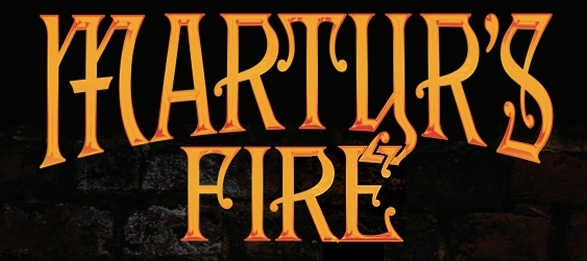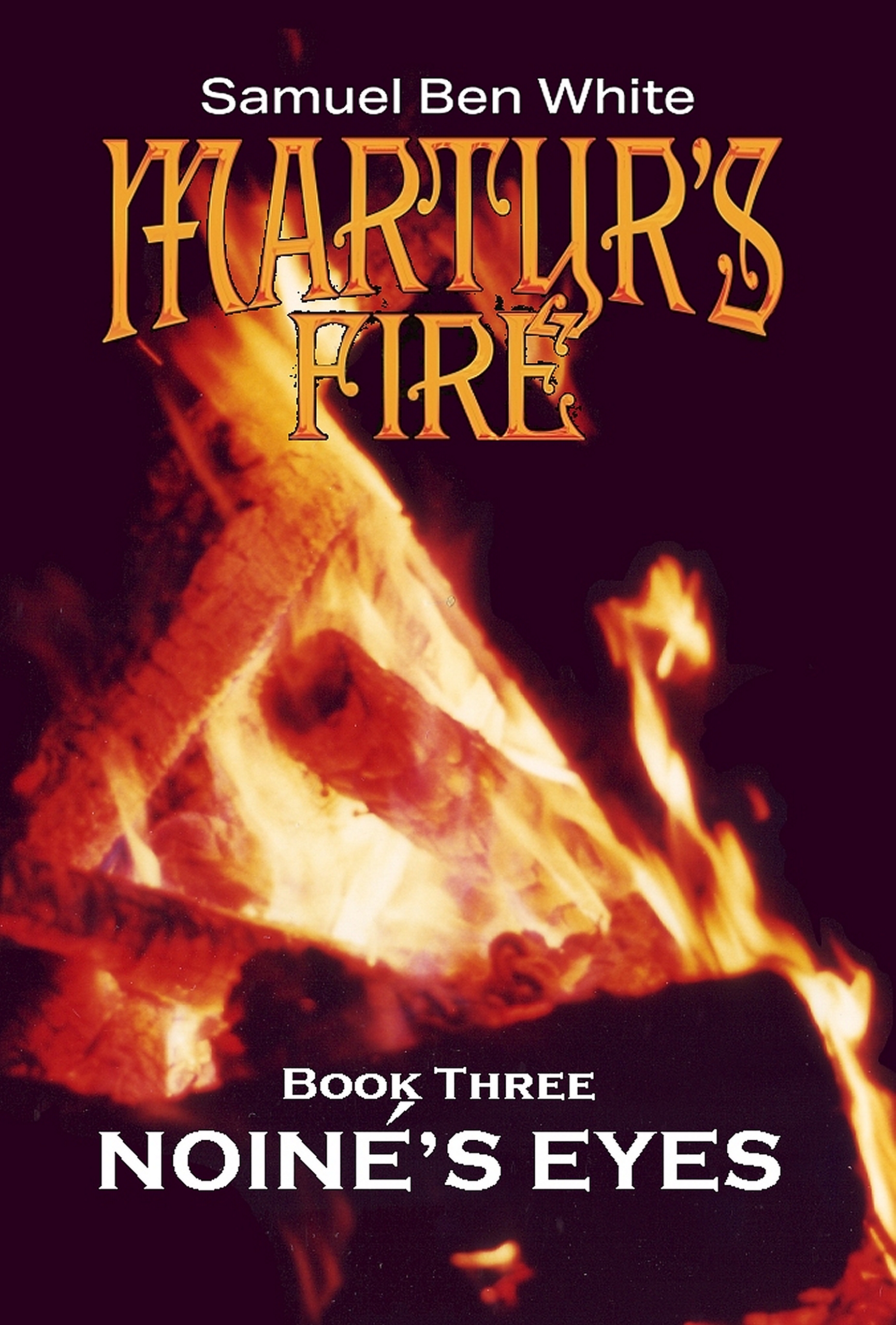Order your Kindle copy today! Click here. For the paperback, click here!

AD 5252 and all of the western world is at war.
Led by King Vykyant, a coalition of more than a dozen nations has come together to fight an evil on a far-off continent. “We will fight it there to protect our families here.”
But the families at home are not free of danger, for the fight is being waged there, too.
Thousands of soldiers marching, fighting and dying in a foreign land. People at home getting spotty information at best.
A world at war, as told through the eyes of the people on every front line.
Now available for Kindle & paperback. (Due to the length of this novel, it will not be available in hardback.)
Sample Reading
Three thousand years before, the continent had been a land with everything: verdant forests, wide rivers, harsh deserts. There had been cities and towns and beaches and places where men and women went for leisure and many places where they worked. It had been a land of mystery, and legends, and ghosts.
There had been people of education and what was called sophistication, often living just feet from those who didn’t receive those accolades. There had been people in the finest clothes, often living not so far away from people who had the barest rags, then a little further away were people who didn’t know what clothes were for and—had they known—couldn’t have imagined wearing them. Technology had existed side-by-side with stone tools.
When the first of great wars had come, the majority of the continent had remained relatively unscathed. Relative being a relative term, for there had been fights and squabbles, but almost none of the large-scale harm that had affected every other continent on the planet. Some of the survivors from other continents moved to that continent thinking it would always be that way.
When the wars returned—though in the myopic view of the future’s rear view, all the wars were one—the continent was mostly spared, though circumstances made it isolated.
The continent was still rich in many ways, but especially in tyrants and graft. Its resources were plundered and sold, leaving the majority of its population in even more poverty and want than they had been before—and they had been among the planet’s poorest back then. Its great forests were plundered not just for the wood, but for the precious metals that lay beneath, a process that had begun before the wars, then accelerated after even though the booty was just being sold to fellow residents of the continent.
But then came more wars that finally poisoned the rest of the planet. That southern continent was more protected than all the others, or so it seemed at first. Very few military strikes landed there. It was not attacked with the poisons that were levied against practically everywhere else and atmospheric conditions swirled them away. The last of the people who could escape from the other continents came to the southern continent.
They brought their wealth with them—some of which had come originally from that continent, ironically. The richest brought their own security forces with them, setting up little fiefdoms, assuming that to do so was their right even as they ran those who had been on the land for time out of mind off of it. Those so displaced headed to the already crowded cities, making life even harder—or deeper into the jungle.
And then the winds shifted. Not the political winds, but the actual winds, and the poisons everyone thought they had escaped came to the southern continent.
Millions were wiped out in just months’ time.
As in the rest of the world, those who survived, survived in pockets. Perhaps more people survived on the southern continent than on others. Some estimated that while elsewhere in the world ninety percent of the population was wiped out by the wars and their poisons, on the southern continent it was “only” eighty percent. Those who survived quickly stopped burying their dead and just threw them into the rivers or natural ravines. This exacerbated the poison, and the stench.
Technology was lost.
Commerce between the pockets was impossible.
Mankind was reduced to its most primitive state as every waking hour was spent scrabbling for food and shelter. And on that continent, in its pockets, there were more people fighting for the few resources the poisons hadn’t killed. The men and women of those lands became more vicious than in the rest of the world because they had to if they wanted to survive.
A millennium later, as the poisons dissipated and people all over the world began to venture bravely beyond the piece of ground they had known for a thousand years, there was some conflict of course, as is the nature of man. In some places there was cooperation, though, as the people met others who had goods or services they didn’t have themselves. In some cases across the globe rival pockets still spoke a semblance of the same language, but in some they were so divided they couldn’t even sign to one another. There was fighting at times, too.
The southern continent knew nothing of cooperation. For a thousand years and more, all anyone had known was a mad struggle for life amidst death and when they encountered someone they didn’t know, the first thought on every mind was challenge, and murder. Pockets of stronger people conquered pockets of weaker people, though there were no pockets of weak people. The strongest took over, killing or enslaving the weaker until only the very strongest ruled. Tin-pot dictators were overrun by tyrants, and tyrants were squashed by despots. When finally a potentate arose for a time who was over the whole continent, it was with an army of people who were only biologically men, for in reality they were animals.
Like with animals, as the leader began to show weakness, he was slaughtered by a younger, stronger, lieutenant who would then rule until the same fate befell him. And so it went. For two thousand years the plants grew back, deformed and twisted from the lingering effects of the wars, but not so deformed and twisted as the men and women who occupied the lands.
Their languages were guttural and rarely written down. Their thoughts were of conquest and survival and not worth being written. Every thought was toward evil and their own advancement.
It was only natural that the puppet who was the latest to rise to “command” of the whole continent could be easily persuaded to look beyond the continent, to the lands to the north, where it was said there were good lands and weak people who would fall easily before his blade.


